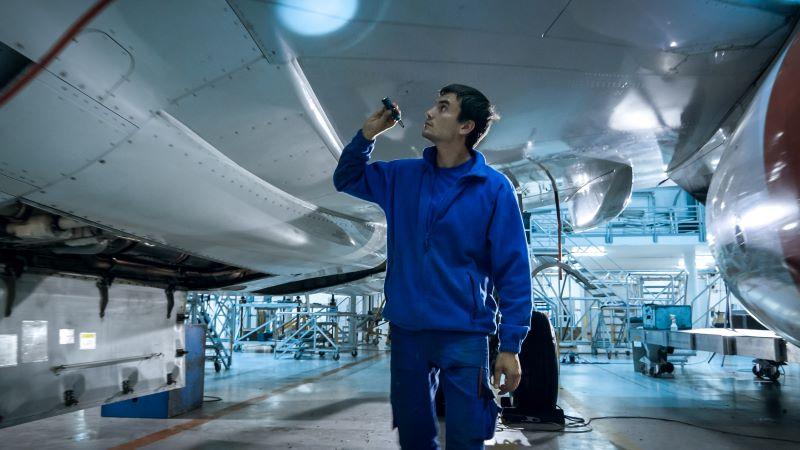
Credit: Depositphotos / Gorodenkoff
WASHINGTON—Aviation safety regulators should prioritize harmonization of maintenance organization approvals to cut down on duplicative transborder audits and similar unnecessary requirements, International Civil Aviation Organization (ICAO) Secretary General Juan Carlos Salazar said. “Aircraft...
Subscription Required
This content requires a subscription to one of the Aviation Week Intelligence Network (AWIN) bundles.
Schedule a demo today to find out how you can access this content and similar content related to your area of the global aviation industry.
Already an AWIN subscriber? Login
Did you know? Aviation Week has won top honors multiple times in the Jesse H. Neal National Business Journalism Awards, the business-to-business media equivalent of the Pulitzer Prizes.

